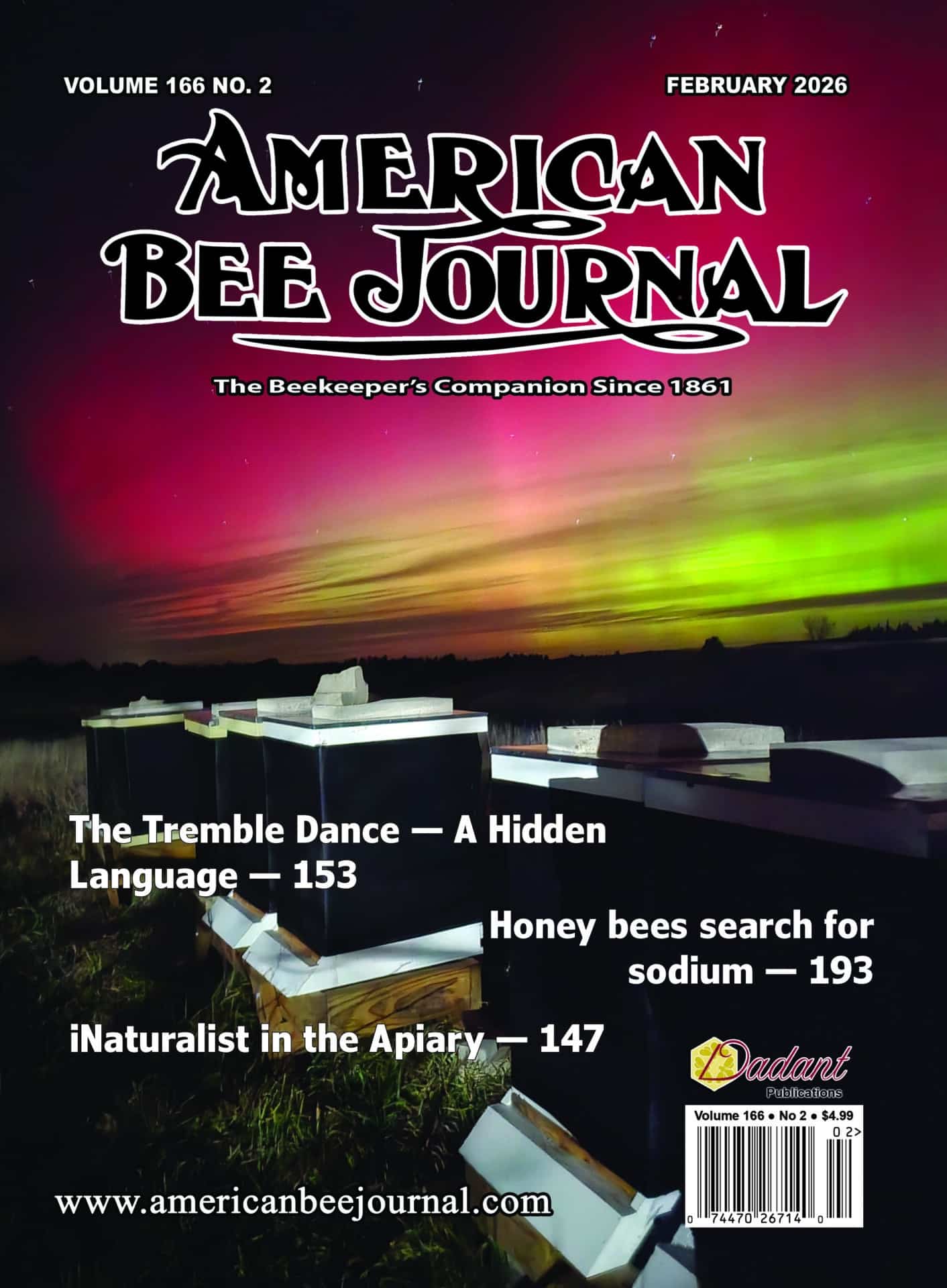Atlanta, GA – Today, The Georgia Department of Agriculture (GDA) announced, in coordination with USDA and the University of Georgia, confirmation of the presence of a Yellow-legged Hornet in Georgia for the first time. GDA is asking the public to report any sightings of the yellow-legged hornet, a non-native hornet species, that, if allowed to establish in Georgia, could potentially threaten honey production, native pollinators, and our state’s number one industry — agriculture.
Earlier this month, a beekeeper in Savannah, GA, found an unusual hornet on his property and reported it to the GDA. On August 9, the U.S. Department of Agriculture’s Animal and Plant Health Inspection Service (APHIS) confirmed the University of Georgia’s (UGA) identification of this insect as a yellow-legged hornet (YLH; Vespa velutina).
“Georgians play an important role helping GDA identify unwanted, non-native pests, and I want to thank the beekeeper who reported his sighting to us, as well as our partners at University of Georgia and USDA Animal & Plant Health Inspection Service for working swiftly to confirm its identity,” said Agriculture Commissioner Tyler Harper. “Our experienced team of professionals will continually assess the situation and are working directly with USDA APHIS to trap, track, and eliminate the yellow-legged hornet in Georgia.“
The yellow-legged hornet is a social wasp species that constructs egg-shaped paper nests above ground, often in trees. These nests can become large, housing an average of 6,000 workers. The yellow-legged hornet is native to tropical and subtropical areas of Southeast Asia. It is also established in France and has been found throughout Western Europe.
The GDA has a team of experienced scientists in their Pest Program, and we are actively collaborating with USDA and academic experts. Together, we are developing an operational plan to trap, track, and eradicate the yellow-legged hornet in Georgia. The plan will begin with trapping, and APHIS and GDA will set out traps and survey for this pest to determine if additional yellow-legged hornets are in the area. If a colony is discovered through reporting, trapping, or tracking, the colony will be eradicated. APHIS is providing technical expertise, technology, and outreach support as well as analyzing the hornet’s DNA to determine if it is related to European populations of this species.
The GDA and APHIS will continue to provide public outreach and education about the hornets and encourage the public to document and report hornet sightings. However, yellow-legged hornets can be dangerous, and we encourage everyone to use caution in the event of a sighting.
GDA’s website (agr.georgia.gov) has been updated with additional information regarding the yellow-legged hornet and an easily accessible form to report potential sightings. This information is prominently displayed on the homepage of the website. Georgians with additional questions or concerns are encouraged to email us at yellow.legged.hornet@agr.georgia.gov.
Please note: There are many domestic lookalikes that are native to the United States and do not pose a threat to honey bees. Many of them are valuable pollinators. USDA has a photo gallery of lookalikes. To get to the gallery, go to www.aphis.usda.gov, and search for “yellow-legged hornet.”
If you believe you saw a yellow-legged hornet in another state or province, please report it to the Department of Agriculture for that state or province.


